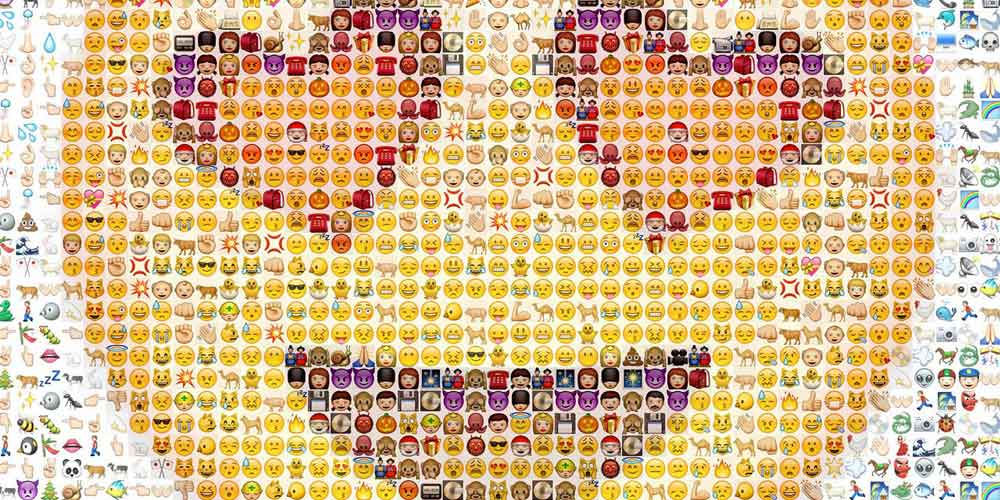Emojis, or emoticons, can be a great way to express feelings in a casual and friendly manner. But in email, especially for work and professional usage, the ":)" can give a negative impression rather than a positive one.
In a research published in the Social Psychological and Personality Science journal revealed that sending that 'friendly' smiley-face emoticons in business message can decrease perceptions of competence.
While emoticons do express warmth or friendliness, in emails, they don't behave the same way.
The research was conducted by researchers at the University of Amsterdam, the University of Haifa and the Ben-Gurion University in Israel. They have discovered that using smiley face emoticons in formal business communication could be causing your colleagues and customers to doubt you.
This is arguably a big reason why the emoticon gets used in the first place.
To reach into that conclusion, the authors conducted multiple experiments with more than 500 participants across 29 countries.

In the first test, participants were shown a work-related email from an unknown sender. Some participants read emails that contained smiley faces and others didn't, but the basic message was the same for both participants.
The participants that volunteered were then asked to rate the warmth and competence of the sender, based only on the message contents. They were also asked to respond to the message.
The results found that, compared to a smile IRL (which the authors figured boosted perceptions of warmth and competence), emails with smiley face emoticons didn't perceived warmth and competence. The results also showed that the study participants felt less inclined to share information in their response when the sender used emoticons.
In the next test, the participants saw stacked up emoticons on regular photos of the email senders. This was so the authors could test whether the theory of a person smiling can influence competence and friendliness or warmth. Study participants were shown a photograph of a smiling person and a neutral person. They were also shown a business email that contained a smiley emoticon.
Participants who looked at photos of smiling email senders rated them as more friendly and competent than those who looked neutral. So here, perception is everything.
Not only does digital diction matters in business correspondence, but the authors said that it could influence whether or not people trust you with information and may even reveal a slight gender bias. At the research, the authors also looked at gender differences.
While the gender of the sender remained unknown, the researchers discovered participants assumed emoticons on emails are more related to female sending the message.

The result of the research shows that people may need to consider ditching emoticons when it comes to formal email or when aiming for formal correspondence, according to study author Ella Glikson, a post-doctorate at Ben-Gurion University of the Negev in Israel.
"People tend to assume that a smiley [emoji] is a virtual smile, but the findings of this study show that in the case of the workplace, at least as far as initial ‘encounters’ are concerned, this is incorrect," stated Glikson.
"For now, at least, a smiley [emoji] can only replace a smile when you already know the other person," she continued. "In initial interactions, it is better to avoid using smileys, regardless of age or gender."
In short, It has been scientifically proven that the more you smile the more people like you. But this isn't necessarily true when it comes to emoticons on work-related things.
So, save those emojis just for texting :)
